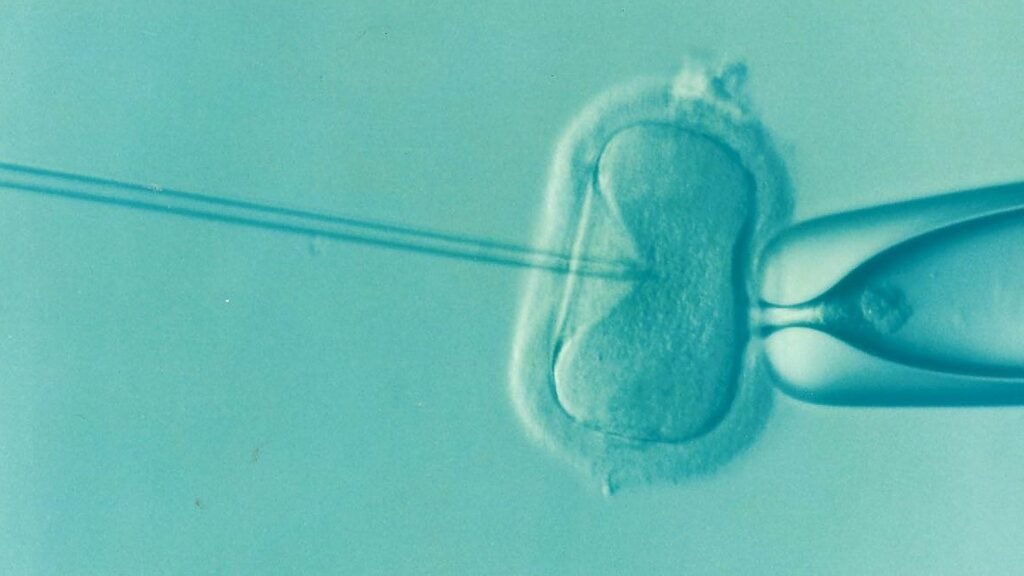Egg freezing has become increasingly popular in Australia as a means to address the risk of future infertility. However, a new study by Monash IVF and Monash University’s Bioethics Center sheds light on the challenges individuals face when deciding what to do with their surplus frozen eggs.
The research, published in Reproductive BioMedicine Online, found that many patients are uncertain about their options and lack information about the process of egg donation. This lack of knowledge hinders their ability to make informed decisions about their frozen eggs.
The study identified three key factors that influence decision-making about surplus eggs: information, communication, and shared insights. For instance, 30% of respondents expressed reluctance to discard their eggs, viewing it as a last resort due to the complexity and expense of the procedure. Additionally, 46% of those with eggs still in storage said they would consider donating them to research if they were compensated.
Dr. Molly Johnston, one of the co-authors of the study, emphasized the importance of providing patients with timely and accurate information about their options. She highlighted that many patients were unaware of the demand for donor eggs and the implications of egg donation.
Professor Deidre Zander-Fox, Chief Scientific Officer at Monash IVF, pointed out the critical shortage of egg donors in Australia. The demand for donor eggs far exceeds the available supply, with many hopeful parents relying on donations to fulfill their dreams of starting a family.
To address this issue, the researchers proposed strategies to facilitate decision-making about surplus eggs. These include raising public awareness, providing accurate information, and sharing the experiences of individuals who have made similar decisions. By empowering patients with frozen eggs to make informed choices, the study aims to reduce the number of eggs left in storage and increase the availability of donor eggs for those in need.
Overall, the study highlights the importance of supporting individuals with surplus frozen eggs in making confident and informed decisions. By providing the necessary resources and guidance, clinics can help patients navigate the complex process of deciding what to do with their stored eggs, ultimately benefiting both patients and those in need of donor eggs.


